When it comes to the variety of trailers available on the market, dump trailers stand out due to their versatility and functionality. They are essential for transporting loads of materials for construction, landscaping, and various other projects. However, one of the fundamental questions new buyers often have revolves around how much a 12-foot dump trailer actually weighs. This article delves deep into the specifics, considering various aspects such as construction materials, weight distribution, the importance of weight ratings, and the implications for your hauling needs.
What Factors Determine the Weight of a 12-Foot Dump Trailer?
1. Construction Material
The material used in the construction of a dump trailer significantly affects its weight. Common materials include:
| Material | Description | Weight Impact |
|---|---|---|
| Steel | Durable and strong but heavy. | Increases overall weight. |
| Aluminum | Lightweight and resistant to rust. | Reduces overall weight. |
| Composite | A mix of materials, balances weight. | Moderate weight variations. |
Choosing the right material can impact not just the weight but also the longevity and performance of the trailer. Manufacturers often create trailers from a combination of these materials to enhance strength while minimizing weight.

2. Design and Features
The design and additional features of a 12-foot dump trailer, such as hydraulic systems, ramps, and sidewalls, all contribute to the total weight. Considerations include:
- Style of Dump Mechanism: Trailers that utilize hydraulic lifts tend to be heavier due to the added components.
- Sidewall Height: Higher sidewalls can support larger loads but increase weight.
- Tire Size and Type: Larger, sturdier tires may be necessary for heavier loads, adding to the overall weight.
3. Load Capacity
Understanding the weight capacity of a trailer is crucial. A typical 12-foot dump trailer generally falls within a specific weight range:
- Empty Weight: Approximately 2,000 to 4,000 pounds depending on design and materials.
- Payload Capacity: Typically ranges from 5,000 to 10,000 pounds, which shows how much additional weight can be safely carried.
This dynamic plays a crucial role in how much total weight your vehicle must handle when fully loaded.
Calculating the Total Weight
To ascertain the total weight of a 12-foot dump trailer, consider the following formula:
[ \text{Total Weight} = \text{Trailer’s Empty Weight} + \text{Payload} ]For instance, if your trailer weighs 3,000 pounds empty, and you load it up to its capacity of 7,000 pounds, the total weight will be:
[ 3,000 \, \text{lbs} + 7,000 \, \text{lbs} = 10,000 \, \text{lbs} ]This total weight is critical, particularly when selecting a towing vehicle.
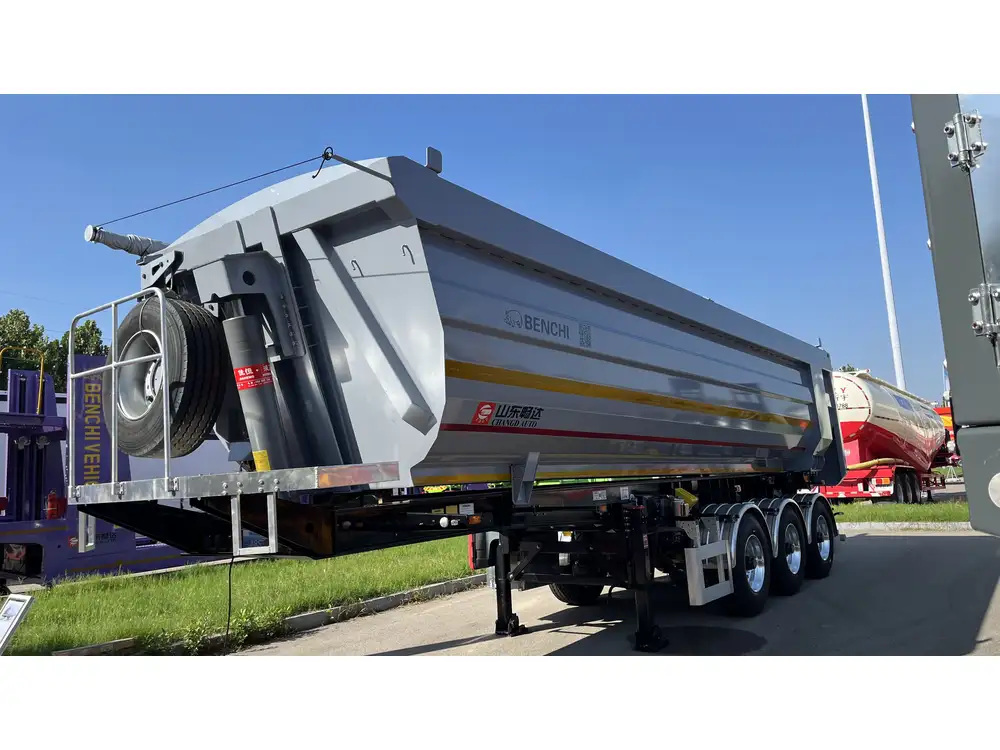
Choosing the Right Towing Vehicle
Selecting a suitable towing vehicle is contingent upon understanding the weight of the trailer:
- Vehicle Towing Capacity: Always ensure that the towing vehicle can handle the combined weight of the trailer and cargo.
- Trailer Brakes: Consider whether the trailer will require brakes. Many states have regulations based upon weight, which mandate that certain trailers outfitted for heavier loads must have braking systems.
Example Comparison: Pickup Trucks vs. Bigger Trucks
| Vehicle Type | Typical Towing Capacity | Best Use Cases |
|---|---|---|
| Pickup Truck | 5,000 to 12,000 pounds | Residential, small commercial use |
| Medium-Duty Truck | 12,000 to 26,000 pounds | Construction, larger commercial use |
| Heavy-Duty Truck | 26,000 pounds and above | Heavy lifting, logistics applications |
Importance of Weight Ratings and Regulatory Compliance
Understanding the weight implications of your 12-foot dump trailer goes beyond mere numbers. It is critical to comply with safety regulations. The two main weight ratings to be aware of include:
Gross Vehicle Weight Rating (GVWR): This rating indicates the maximum weight of the trailer, including the trailer itself and its cargo, which is legally allowed on the road.
Payload Capacity: This is the amount of weight your trailer can safely carry. Knowing the distinction between the two can help avoid overloading, which can lead to hazardous driving conditions and costly fines.
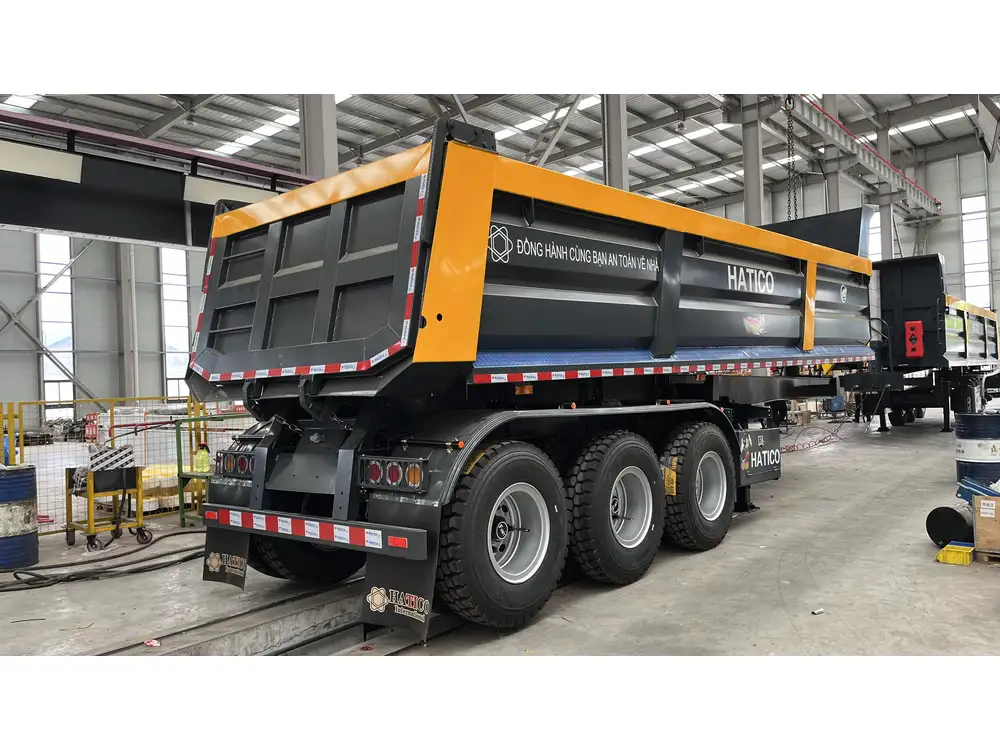
Importance of Certifications
When purchasing a dump trailer, it is essential to look for certifications from reliable organizations such as the National Association of Trailer Manufacturers (NATM). These certifications usually indicate adherence to necessary safety and quality standards.
The Benefits of Knowing Your Trailer’s Weight
1. Enhanced Safety
Understanding and monitoring the weight of your dump trailer ensures safer towing scenarios, reducing the risk of accidents that can occur from overloading or improper weight distribution.
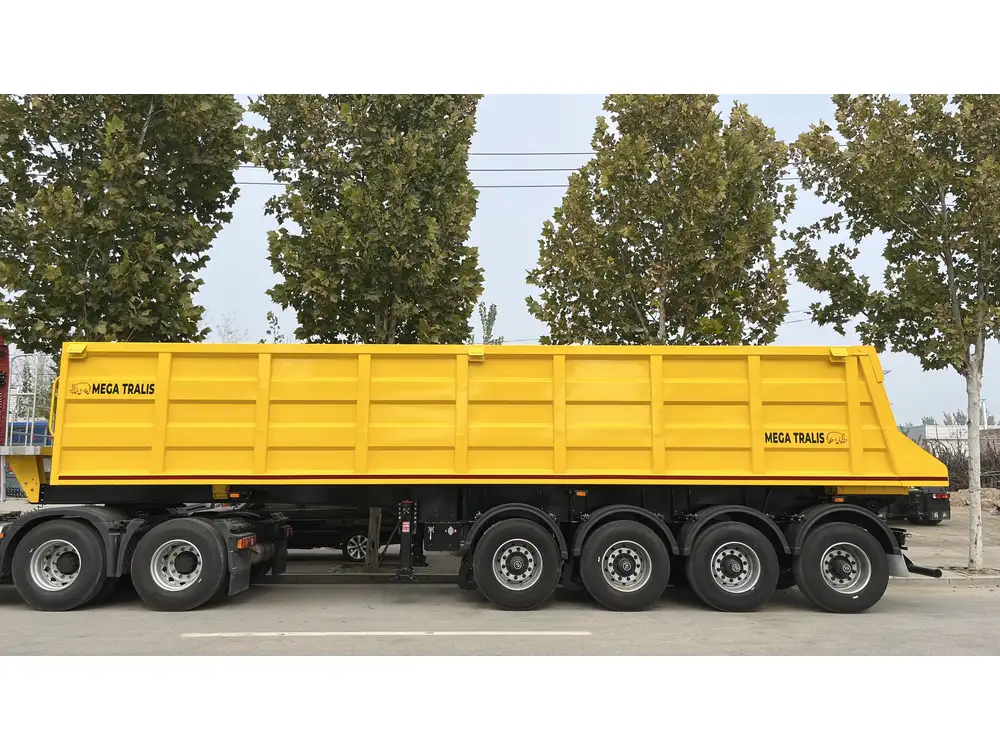
2. Improved Fuel Efficiency
A lighter trailer can lead to enhanced fuel efficiency. When towing, a reduced weight can allow for better mileage, saving costs in the long run.
3. Cost Savings
Choosing a trailer that fits the weight requirements for your intended use can protect you from overcomplicating operations with a trailer that’s more than necessary.
4. Versatile Applications
With a well-understood weight profile, you can utilize your dump trailer effectively for numerous applications, from hauling gravel to transporting debris.
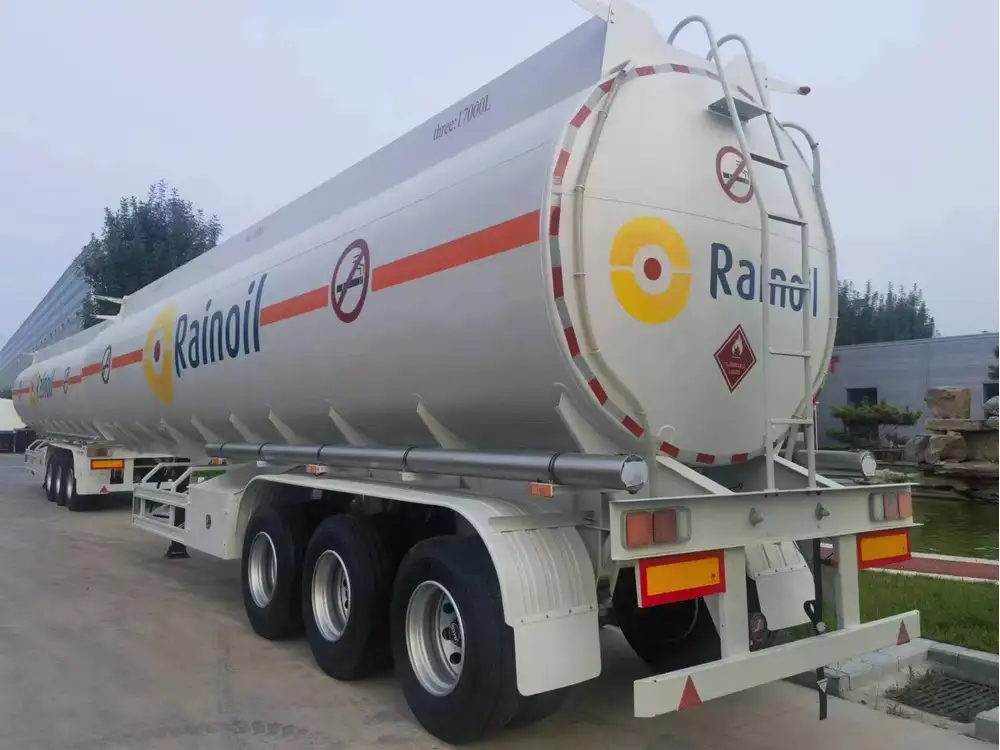
Maintenance Considerations for Dump Trailers
Regular Weight Checks
Regularly checking both the empty weight and the load you’re carrying should become a routine part of your maintenance schedule. Utilizing a scale can help ensure compliance with weight limits.
Inspection Schedule
Create a maintenance schedule that includes:
- Annual Inspections: Check against legal weight limits and potential wear and tear.
- Regular Brake Checks: Important for safety, especially if your trailer reaches heavier loads.
- Tire Health: Ensure that both tread and tire pressure is maintained according to the load you anticipate.
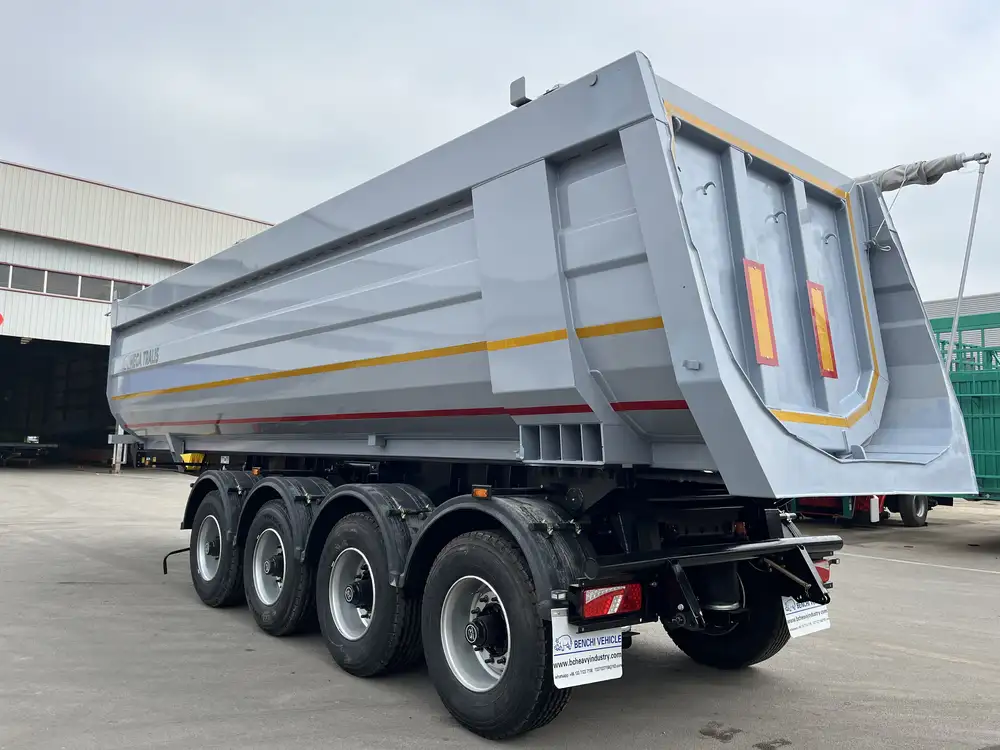
Conclusion: A Smart Investment in Your Operations
Understanding the weight of a 12-foot dump trailer is crucial not merely for safety and compliance, but also for operational efficiency. By weighing the factors involved in the trailer’s design, construction, capacity, and maintenance, you empower your business to make informed decisions that ultimately enhance effectiveness and profitability.
This knowledge allows us to not only maintain operational integrity but also ensures that investments in equipment optimize every hauling job we undertake. Whether you’re in the landscaping industry, construction, or general transportation, recognizing the intricacies of weight concerning a 12-foot dump trailer will provide you with the necessary insights to navigate your operational challenges effectively.
It is advisable to consult with trailer manufacturers and suppliers who can provide specific weight details and advice tailored to your needs and local regulations, ensuring that you find the right equipment for your tasks.



